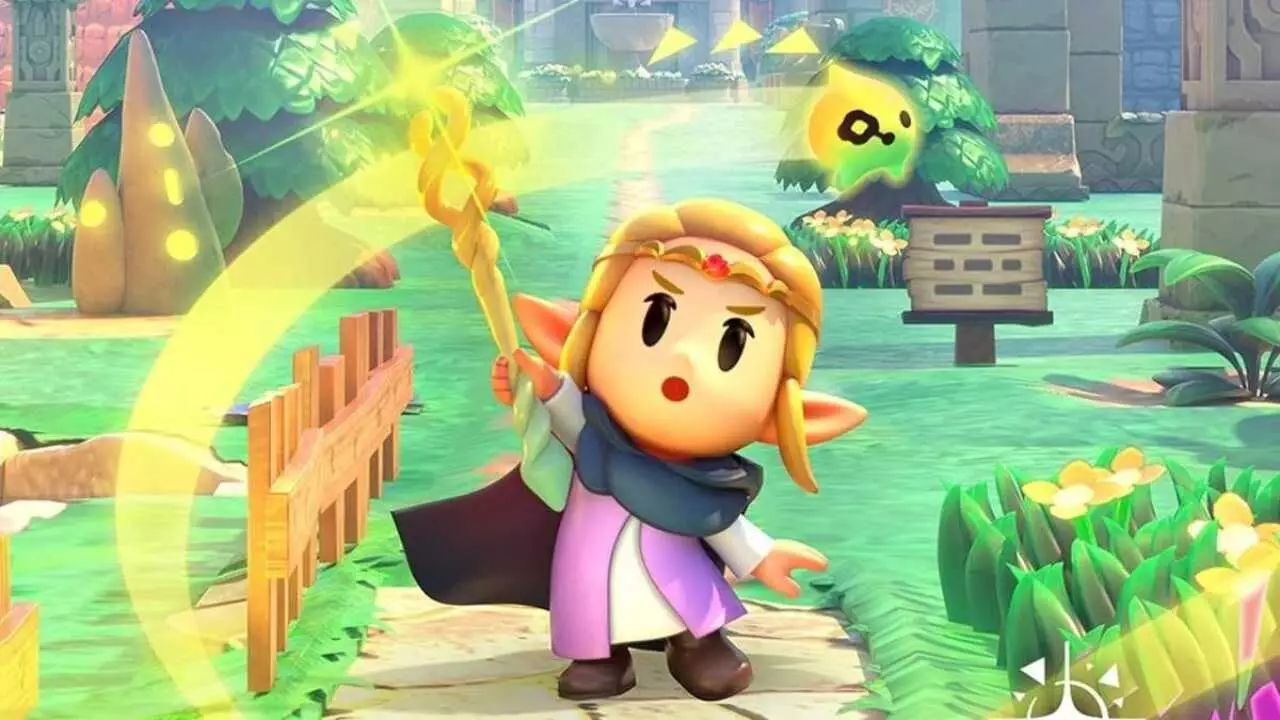The Legend of Zelda series has captivated gamers for decades, not only through its dynamic gameplay and captivating narratives but also through the intricate timeline that weaves its various adventures together. Recently, Nintendo has introduced the latest addition to this timeline with the release of *Echoes of Wisdom*. This entry has sparked fresh discussions regarding its placement and implications within the existing lore, particularly as it fits into the ‘Hero is defeated’ strand of the storyline, nestled between *Tri Force Heroes* and the subsequent decline of the Hyrule Kingdom.
This keen interest in the Zelda timeline is not merely academic; it reflects the passionate engagement of the community surrounding this iconic franchise. Fans often find themselves dissecting each installment’s narrative threads, seeking to understand how they connect and diverge, pondering what makes this series an enduring cultural phenomenon.
In *Echoes of Wisdom*, players once again assume the role of Link, tasked with the mission of rescuing Princess Zelda from the clutches of Ganon. Intriguingly, the storyline takes a dark turn as Link, after defeating Ganon, is enveloped by a menacing rift, signalling a series of mysterious disappearances across Hyrule. This ominous development draws Princess Zelda into her own adventure as she seeks to thwart the chaos and rescue not only her father, the king, but also the people of their once-peaceful realm.
This plot is steeped in The Legend of Zelda’s signature themes of heroism and sacrifice, while the narrative dimension aims to conjure an emotional investment from players. The placement of this title within the larger timeline, particularly as a consequence of the outcomes from *Ocarina of Time*, illustrates the dynamic nature of Zelda’s storytelling — it dares to explore what happens when the hero fails.
Interestingly, Nintendo has acknowledged that while timeline coherence is of interest, it does not dominate the creative process. Producer Eiji Aonuma has emphasized that gameplay often takes precedence over narrative intricacies. This approach resonates with many players who prioritize engagement and playability over strict adherence to the timeline.
While this may frustrate the lore purists, it allows for fresh narratives that can stand on their own, vibrant and full of possibility. It also reflects a broader industry trend where gameplay mechanics significantly shape the player experience, often leading to unique storytelling avenues.
Fans are divided in their reactions to the updated timeline and the implications of *Echoes of Wisdom*. Some embrace it as an exciting expansion, while others feel apprehensive about the alterations to established lore. This dialogue reflects the deep investment the gaming community has in the series, as each new release can feel like a potential reinterpretation of long-held beliefs.
As the ever-expanding Zelda universe continues to evolve, it will be fascinating to observe how future titles contribute to or reshape the timeline. For now, *Echoes of Wisdom* serves as both a thrilling adventure and a catalyst for ongoing debates about storytelling within the beloved world of Zelda. It is a testament to the series’ legacy — one that both honors its past and eyes the intriguing possibilities of its future.

